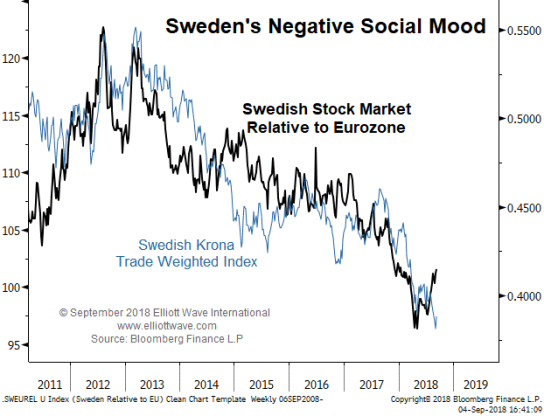
Cryptocurrency is one of the hottest topics in financial services and a source of much debate. Even though most agree that the blockchain technology that underpins crypto has definite value, particularly from a security perspective, cryptocurrencies are unlikely to replace fiat (traditional) currency, says leading data and analytics company GlobalData.
From an investment perspective, cryptocurrencies (bitcoin, Ripple or Monero) appeal to both the short- and long-term investors. One of the primary features of cryptocurrencies that causes them to be branded as revolutionary is their decentralization.
Sergel Woldemichael, Wealth Management Analyst at GlobalData, says: “Cryptocurrency is a good option for individuals who want to avoid identity theft. Unlike fiat currency there are no banks or government regulation acting as the middle man between transactions. Users can transact directly with one another internationally.”
However, the decentralization causes a host of other problems, including the potential for deflation, lack of differentiated trade policies and stunted recovery from recession.
Mallika Wagle, Financial Services Analyst at GlobalData, comments: “In a purely cryptocurrency world, people would have no channels to influence their country’s money supply, which would undermine democracy. Additionally, most cryptos are built to eventually have a fixed money supply, which would result in harmful deflation.”
Of course, there are numerous macroeconomic issues to consider should cryptocurrencies replace traditional currencies. Realistically they are expected to run alongside traditional money.
Woldemichael adds: “Globally around 2.2 billion individuals do not have access to traditional exchange systems, although they do have the Internet and mobile phones. The cryptocurrency ecosystem has opened a new avenue for these individuals with no business account or withdrawal software needed. Furthermore, the effects of counterfeit money and increasing inflation are avoided as this digital currency cannot be duplicated.”
On the other hand, nations vary significantly in purchasing power parity, so the differences in consumer price indices would mean that the same value of cryptocurrency would translate to drastically different purchasing power between countries.
Problems with the inability to enact region-specific monetary policy are evident in some EU countries, such as Greece and Spain, which did not have the funds to use expansionary fiscal policy in their slow recoveries from the Great Recession. The problem is particularly relevant to poorer countries, which typically draw foreign investors due to their lower labor costs and natural resources.
Although cryptos have the potential to offer profit to investors primarily due to the volatility of their market value, there is growing governmental hesitance toward cryptocurrencies as there are important technical limitations, such as the ability to scale up blockchain technology and the amount of machine power necessary to mine new bitcoins.
Wagle concludes: “Being a consistent and trustworthy store of value is a crucial property of currency, and the current volatility is not conducive to such trust. In the event of an uncertainty shock, people are likely inclined to rely on reserves – evidenced by the higher prices of gold during recessions. Cryptos fundamentally do not have such reserves. It is unlikely under current conditions that cryptocurrencies will replace fiat currency in the near future.”
This is an article provided by our partners’ network. It might not necessarily reflect the views or opinions of our editorial team and management.
HedgeThink.com is the fund industry’s leading news, research and analysis source for individual and institutional accredited investors and professionals



































